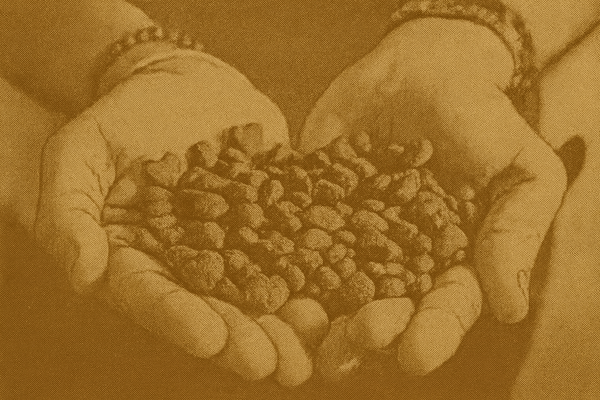Based on coverage from CBC, Global, CTV, InsideHalton, and Food Safety News.
A salmonella outbreak linked to dog food and treats has left 27 Canadians sick, with the majority of cases reported in Alberta and British Columbia. The Canadian Food Inspection Agency (CFIA) is urging dog owners to exercise caution, as the outbreak has led to six hospitalizations, although no deaths have been reported. The outbreak, which spans from mid-February to mid-August, has also seen isolated cases in Ontario and the Northwest Territories.
The CFIA has yet to pinpoint a specific brand or supplier responsible for the contamination, leaving dog owners in a bit of a quandary. While the agency continues its investigation, it emphasizes the importance of good hygiene practices. This includes washing hands thoroughly after handling dog food or treats and using dedicated dishes for pets. The agency also suggests storing pet food away from human food to minimize cross-contamination risks.
Salmonella, a bacteria that can be stealthy in its approach, doesn't always make dogs visibly ill. However, humans can still contract the infection through contact with their pets or their food. Symptoms in humans can range from chills and fever to nausea and diarrhea, typically appearing within six to 72 hours after exposure. While most people recover without medical intervention, the infection can be more severe for vulnerable groups, such as young children, the elderly, and those with weakened immune systems.
The outbreak notice from the Public Health Agency of Canada (PHAC) suggests that the actual number of cases might be significantly higher than reported. Many individuals with mild symptoms may not seek medical attention, leading to underreporting. In fact, for every confirmed case, researchers estimate that 26 more go unreported. This underlines the importance of awareness and preventive measures.
The situation is a stark reminder of the potential risks associated with pet food, which can harbor bacteria without any visible signs of spoilage. The CFIA's advice is clear: wash hands, sanitize surfaces, and keep pet food separate from human food. These simple steps can significantly reduce the risk of infection.
As the investigation unfolds, pet owners are encouraged to stay informed and vigilant. The CFIA promises to update the public as more information becomes available. In the meantime, maintaining good hygiene practices remains the best defense against this outbreak.
While the CFIA works to identify the source of the contamination, the incident serves as a wake-up call for pet owners across the country. It's a reminder that while our furry friends bring joy and companionship, they can also inadvertently introduce health risks. So, as you cuddle up with your pup, remember that a little extra caution can go a long way in keeping both you and your pet safe.








